
Dr. Arzu Rana Deuba: A Proactive Diplomat in Her First 100 Days
A foreign minister’s effectiveness is often gauged by their ability to advance national interests through strategic bilateral and multilateral diplomacy. This “diplomatic activism” involves showcasing negotiation skills on the global stage and pushing for greater influence in international relations. In the first 100 days of her tenure, Dr. Arzu Rana Deuba, Nepal’s Minister for Foreign Affairs, has made a significant impact in shaping the nation’s foreign policy.
Dr. Rana’s diplomatic journey began with a pivotal visit to India on August 18, at the invitation of Indian Foreign Minister S. Jaishankar. During the visit, she engaged in substantive discussions with Prime Minister Narendra Modi and Jaishankar, addressing key bilateral concerns and opportunities for enhanced cooperation. The visit also yielded a crucial agreement, with India committing to import 1,000 megawatts of electricity from Nepal, and an additional 251 megawatts from 12 hydropower projects, further boosting Nepal’s energy diplomacy.
Following her India visit, Dr. Rana attended the 79th Session of the United Nations General Assembly in New York, where she raised pressing global issues like climate change and emphasized the need for international support. She also represented Nepal at several high-level meetings, including the G20 Foreign Ministers Meeting, the Non-Aligned Movement Ministerial Meeting, and the Annual Meeting of the G77 and China. In each forum, she highlighted the challenges faced by Nepal and other developing nations, while advocating for greater representation of underdeveloped countries in global decision-making bodies.
On the home front, Dr. Rana and the Ministry of Foreign Affairs played a crucial role in addressing the safety of Nepali students in Bangladesh during political unrest and worked to secure their safe return. She also tackled the issue of Nepali nationals being recruited by foreign military forces, including advocating for compensation for the families affected.
A key achievement of her tenure was the signing of a Memorandum of Understanding with the United States, establishing a Bilateral Consultation Mechanism (BCM) aimed at strengthening cooperation in trade, tourism, and infrastructure. Additionally, she championed gender equality on the global stage, addressing the challenges women face in leadership at the Meeting of World Women Foreign Ministers in Toronto.
Domestically, Dr. Rana initiated an Organization and Management (O&M) survey to address staffing shortages in Nepali embassies, particularly in Gulf countries. Her efforts to establish an Emergency Rescue Standard Operating Procedure (SOP) will improve the safety and support for Nepali migrant workers during future crises.
As Nepal’s foreign minister, Dr. Arzu Rana Deuba has demonstrated diplomatic leadership and vision, effectively balancing Nepal’s foreign policy priorities. Her proactive approach has been instrumental in advancing the country’s interests and deepening international partnerships.
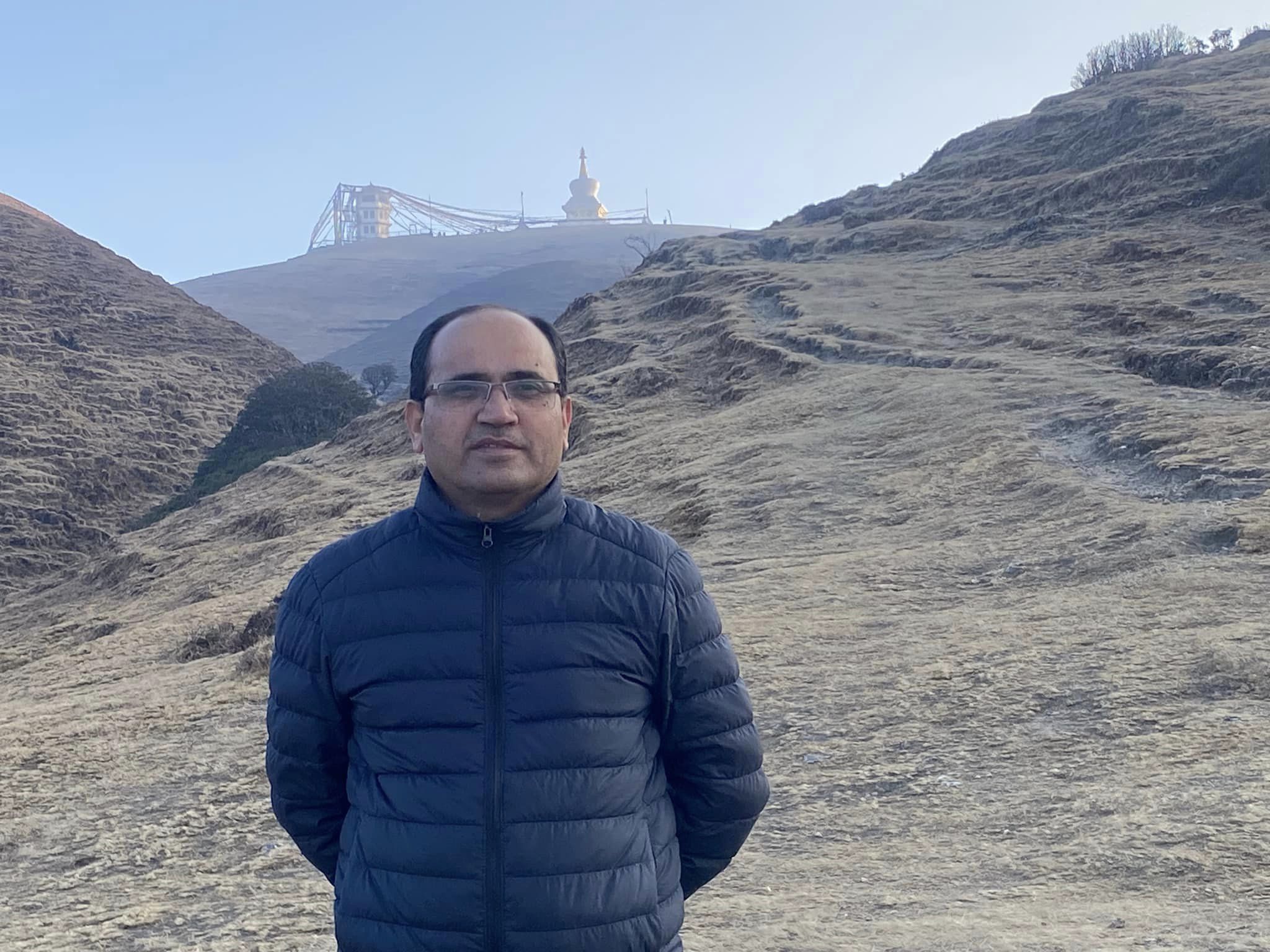
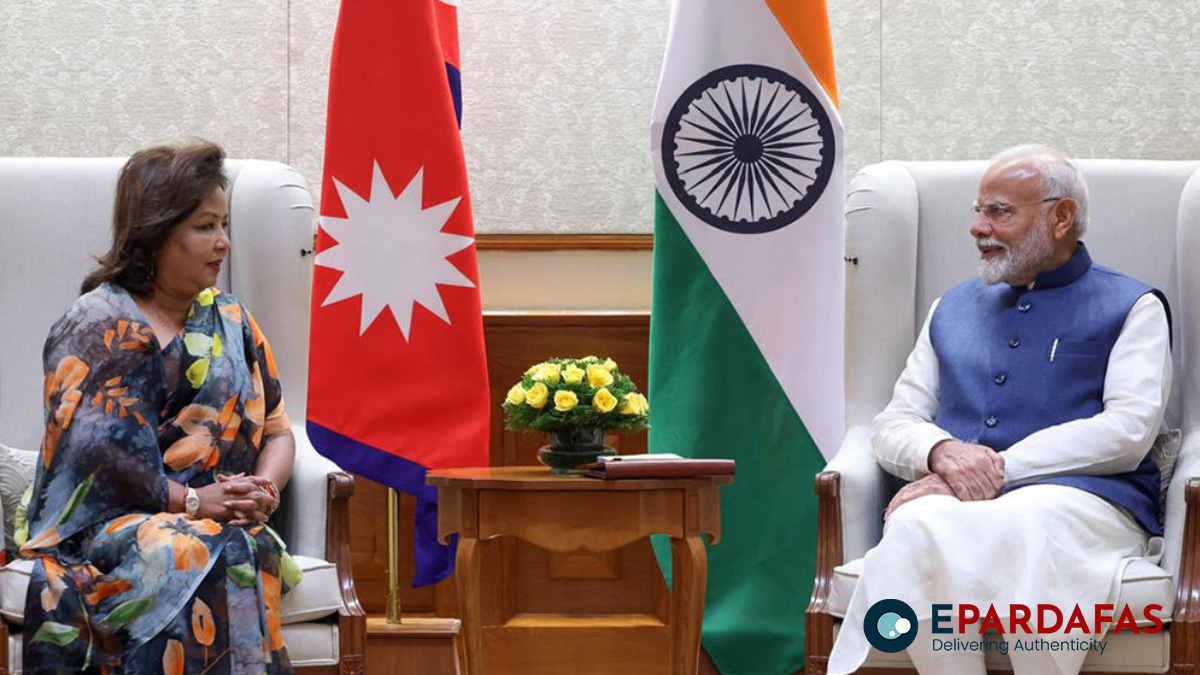
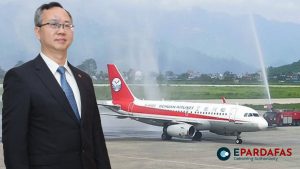
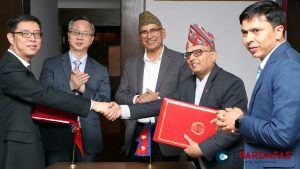
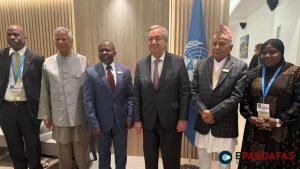

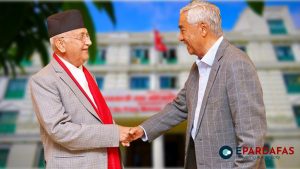
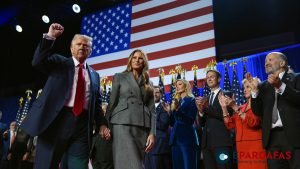




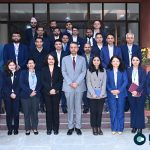
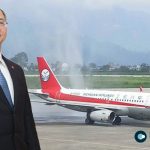
Comments